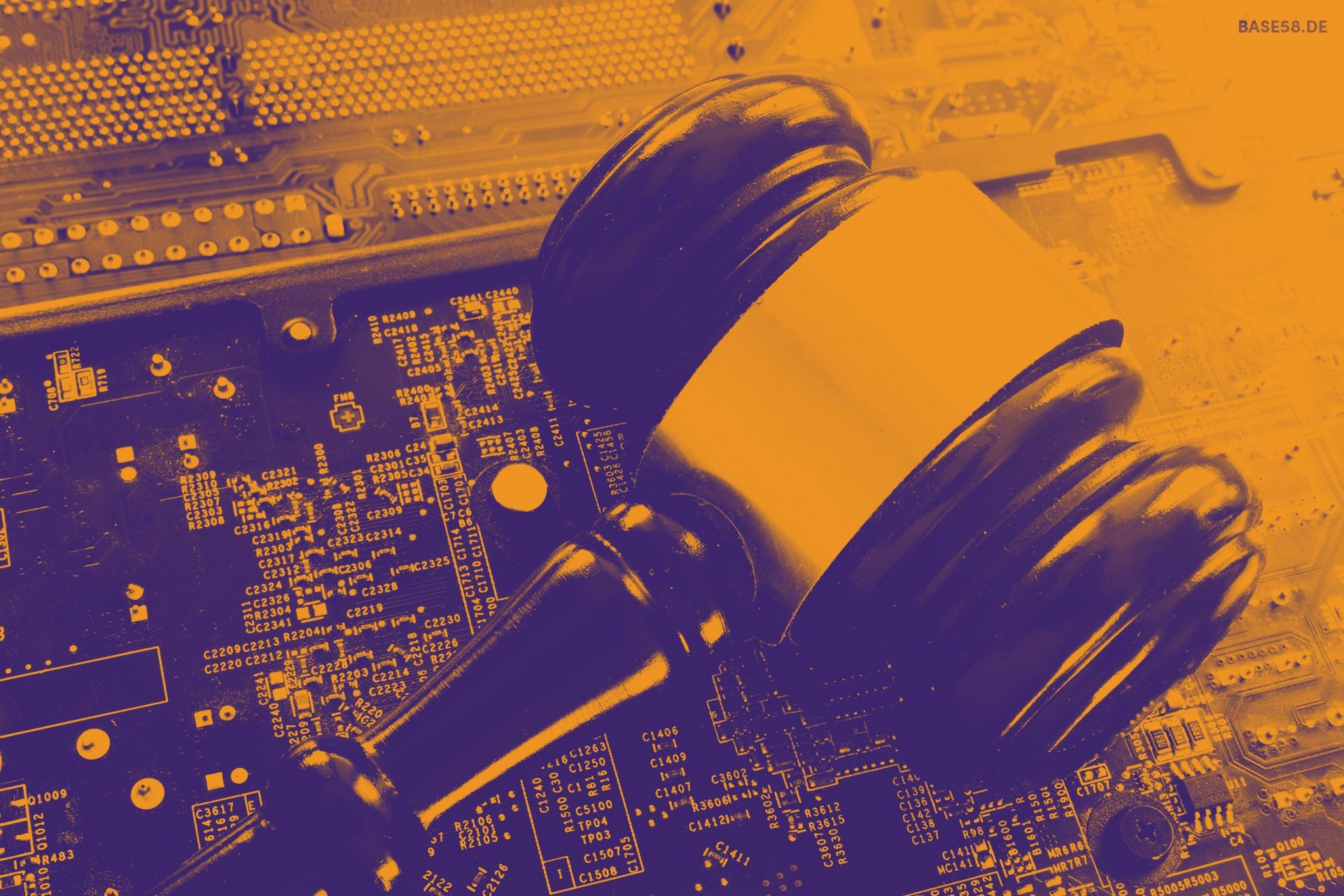Some consider the case of Sam Bankman-Fried to be one of the worst financial crimes in US history, given how extensive its impact has been. Before the much-awaited outcome, there was a lot of speculation, from sentences the likes of 100 years to lenient ones considering the defendant’s youth and relative naivety. Where will cryptocurrency regulations go from here?
Insiders also acknowledged the potential influence of politics, especially as the presidential elections in the US draw near.
Is the market now fully legitimate?
Some are delighted by the news of the sentence. They go so far as to say that the crypto market is now free of the likes of Sam Bankman-Fried, Do Kwon, Alex Mashinsky, etc. They proclaim that the market can finally move on from its “wild west” days to become a respectable part of the global financial market, blessed by all stakeholders, including cryptocurrency regulation authorities.
That triumphant attitude has contributed to skyrocketing cryptocurrency prices. Bitcoin broke its previous all-time high, in which the trial of Bankman-Fried played no small part.
According to The Guardian, this jubilation and relief are quite unjustified, as is the belief that the cryptocurrency industry will change and improve with more stringent cryptocurrency regulations. The influential British medium writes that there have been no changes since Bankman-Fried’s conviction that would prevent a new, potentially even more devastating crypto mania.
The fall of SBF: His own fault?
How did it come to all of this to begin with? Bankman-Fried’s words came back to haunt him during the two-hour hearing. Prosecutors reminded the court of the defendant’s own assessment of his motives in comments to a journalist soon after FTX collapsed. He advocated for tougher cryptocurrency regulations publicly but later confessed this had only been for PR purposes, saying: “fuck regulators.”
The defendant’s plethora of public statements before the trial, including on cryptocurrency regulations, convinced the court that he completely lacked understanding of how serious his crime had been. Former federal prosecutor Rachel Maimin, who originally charged the FTX founder, told the Financial Times that his comments suggested: “he didn’t seem to grasp the seriousness of his offense.”
Views on cryptocurrency regulations were part of his rehab campaign
Evidence presented at the trial suggested that Bankman-Fried’s rehab campaign started in the hours before FTX imploded in November 2022, with a hole of $8 billion in its balance sheet at the time. The campaign continued for months thereafter, including the feigned stance on stricter cryptocurrency regulations.
In response to concerns from FTX customers for the fate of their deposits, he sent out numerous tweets, assuring them everything would be fine, and instructed his team at the exchange to do the same.
His testimony backfired
Most attorneys were critical of Bankman-Fried’s decision to testify in his own defense, and indeed, it backfired. This process was twofold. First, his account of FTX’s implosion was not convincing enough, with the jurors convicting him on seven counts of fraud and money laundering after just a few hours of deliberation.
With cryptocurrency regulations in place, he could never have committed these crimes. Prosecutors also concluded that he had lied in his testimony on the missing $8 billion and on using customer funds illegally, among other things.
The jury is still out on cryptocurrency regulations
The Guardian writes that Sam Bankman-Fried’s downfall regrettably did not stem from the activity of proactive regulators trying to protect investors. It came from the spectacular collapses of the cryptocurrency firms built on unstable tokens and risky loans. These collapses happened in the absence of cryptocurrency regulations and were devastating to people who were sure they stood to gain by putting their money into cryptocurrency. It was not unlike gambling.
Investors relied on cryptocurrency regulations
Quite a few investors believed there were cryptocurrency regulations in place and the companies who held their money were regulated like traditional banks. When they lost their funds, many were shocked at the lack of cryptocurrency regulations and protection. Some were even surprised to find no insurance for deposits existed like those that would protect them if a bank went insolvent.
Agencies and enforcers of cryptocurrency regulations were a bit late in intervening, sluggishly investigating and charging people like SBF, Do Kwon, and Changpeng Zhao, but only after the problems at their platforms became too big to ignore.
Crypto is like any other market
It is possible that cryptocurrency regulations will prevent this checkered history from repeating itself in the future. We can only hope for that, as the case of SBF is nothing new in crypto history. Many of us remember Mt Gox – early Bitcoin adopters created a market heyday in 2014, but sentiment quickly turned sour with the catastrophic collapse of the cryptocurrency exchange in the absence of cryptocurrency regulations.
People lost hundreds of thousands of bitcoins due to mismanagement and theft. A decade later, most people who held Bitcoin on the Mt Gox exchange are still waiting for reimbursement.
There will always be scams, and cryptocurrency is no different from any other financial asset. There are good and bad actors, and will always be. Before you put your faith and your money into a project, do research on the company and ask about investment protection and applicable cryptocurrency regulations. Above all, don’t invest more than you can afford to lose.












